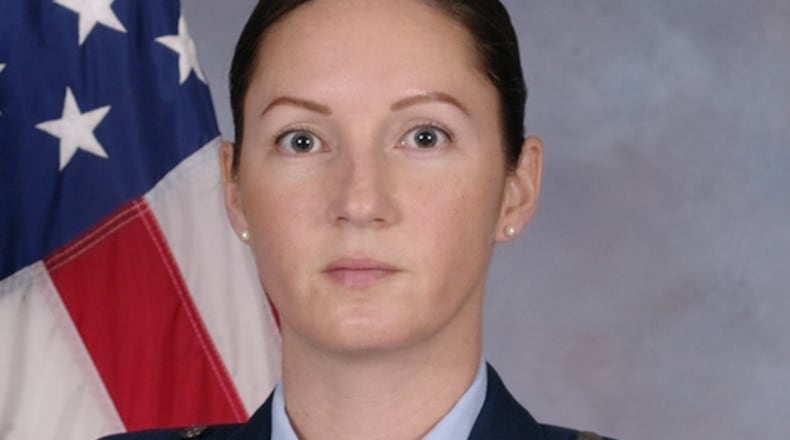As he eludes to, leadership is also difficult because of the emotional weight that often comes from making difficult decisions or helping others through difficult times. In light of these challenges, taking the time for self-reflection so that you better understand who you are and how you respond in these situations is essential.
I was fortunate enough to be a full-time student stationed in California when I found out I had been selected to become the commander of the 88th Security Forces Squadron. School had been a welcome and much-needed change of pace following a taxing assignment, and it afforded me time to mentally prepare myself for this next great opportunity. With this time, I reached out to my mentors, some of my peers, and even new acquaintances to seek their advice. Then I took that information and thought about my own experiences.
Each of us has a lifetime of experience to reflect back on, and it’s important to draw from all of it. Think of the leaders you have had in the past that made a significant impression on you, whether good or bad, and how you responded to their leadership styles. Think of the messages and themes that have stayed with you through the years, about your successes and what led you there, and your failures too. Especially your failures. Importantly, know how you have reacted and responded in those times.
For instance, how do you typically respond when hit with a last-minute tasker or being called in off-duty to handle an issue. Reflect on how you approach a difficult decision, especially those decisions that impact the lives of others. Consider how you handle prolonged stress, and what impact it has on your personal relationships and your own health. Think through who you call when you need a second opinion, or someone to bounce an idea off of, and then foster that relationship. Recall what your pet peeves are, and why they irritate you so.
Among all of this, understand what you need to feel confident, balanced, harmonized, or re-energized. For some that might take ensuring that you get your daily PT time, or maybe you just need to make time for a quiet moment in the midst of a busy day. I’ve found it helps having the occasional day off (hoping my boss is reading this), as getting away from the constant pull of emails and phone calls for a longer stretch of time helps immensely. I’m fortunate knowing that I have a capable and willing team to keep things running while I take a knee. Knowing what it takes for you to recover and reset should be part of your self-reflection as well.
In one of the discussions I had with a mentor in my time preparing to take command, he told me in no uncertain terms, to not try to change who I am as a leader just because I’ve been given this new opportunity. He told me that being a leader was enough of a challenge, that trying to behave like someone I wasn’t would just exhaust me even more, and that my troops would pick up on it anyway. Besides he told me, I had been hired for being the leader I already was, and the potential that was seen in me. I highlight this because while it is important to self-reflect to help identify areas of improvement, those actions should generally be fine tuning as opposed to a personality overhaul. Stay true to who you are.
While these days I don’t have quite the same amount of time that I did in California, I find that it’s important for me to occasionally check in with myself. In these times I try to consider how well I’m holding myself to the leadership philosophy that I developed before taking command, on some of the difficult decisions I’ve had to make and what drove my decision, as well as how I’m managing the stress that comes with a leadership position.
It’s an evolving process, and especially tough when there are areas for improvement identified. But after all, being a leader is tough and in these quiet moments of self-reflection I hope to make myself better.
About the Author
